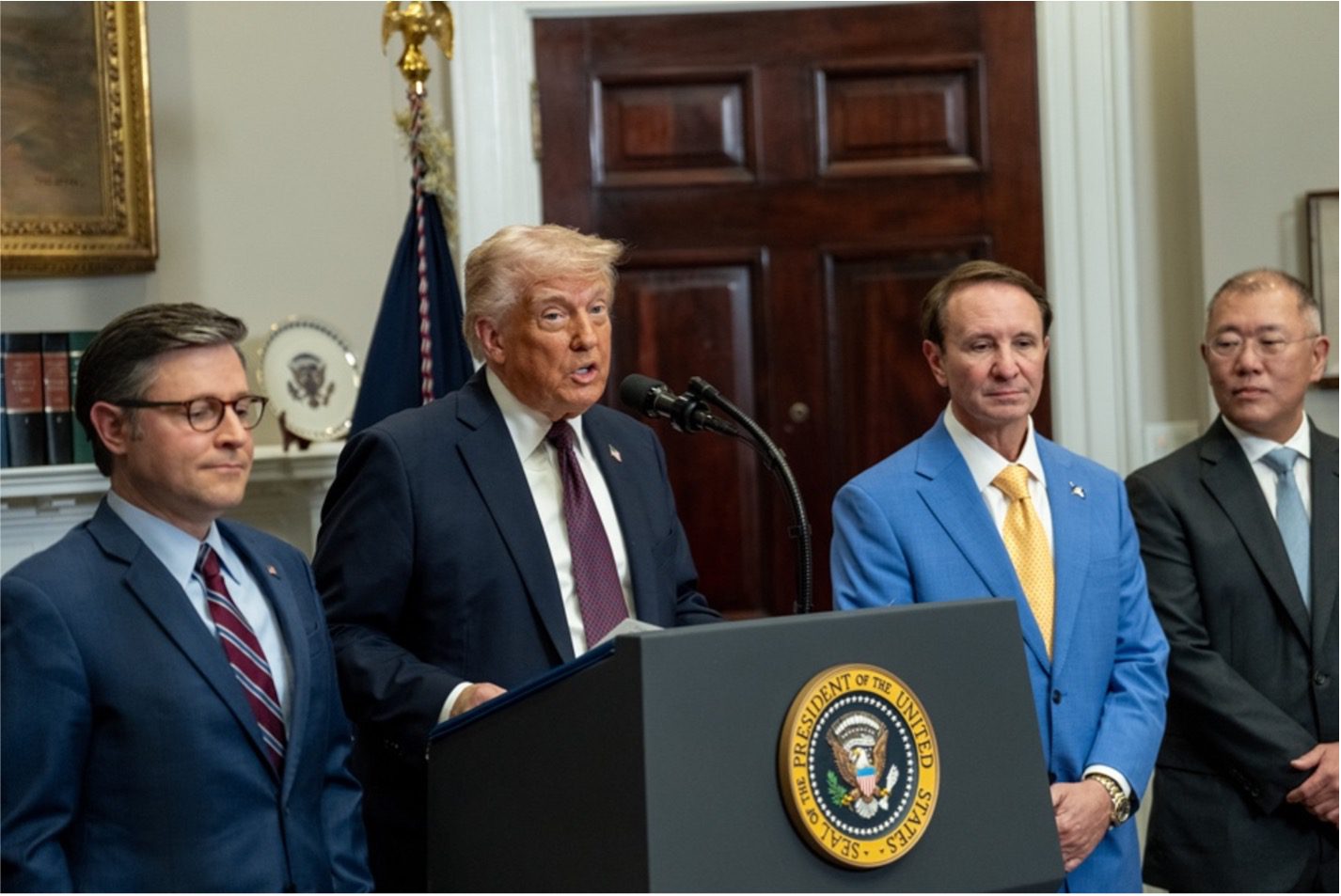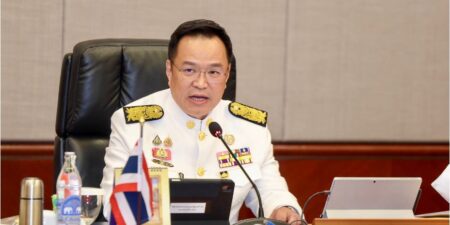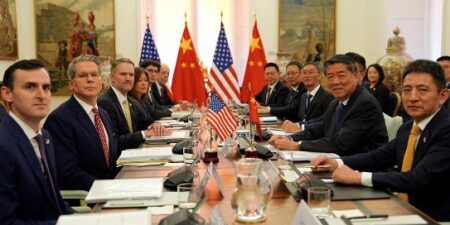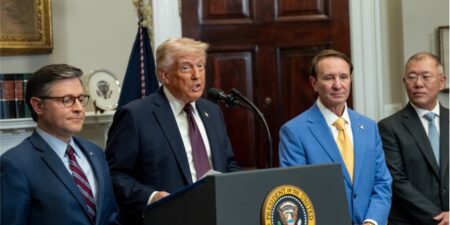BGA Managing Director for Global Trade and Economics Nydia Ngiow wrote an update on the shifting focus of U.S. trade policy from goods to services.
Context
- While the administration of U.S. President Donald Trump has been active in imposing and adjusting tariffs on goods, trade in services has not been center stage. This is likely due to the difficulty of regulating services in the same way as goods. For instance, when China reduced the import of U.S. movies as part of retaliatory countermeasures amid escalating tariffs in April, it arguably breached the most-favored-nation rule under the World Trade Organization’s (WTO) General Agreement on Trade in Services (GATS). But Trump was dismissive, keeping his focus on goods.
- However, trade in services is emerging as an increasingly important battleground in the Trump administration’s trade policy, although not necessarily as expected in terms of digital trade, regulation and digital taxation. The movement of “natural persons” (Mode 4 of trade in services as defined by GATS) has come into focus with Trump’s September 19 executive order introducing a one-time $100,000 fee for companies sponsoring H-1B visas (see the BGA India update, “India’s Tech Sector at a Crossroads: Strategic Implications of US H-1B Visa Executive Order”). The enactment of Trump’s One Big Beautiful Bill has also led to a visa integrity fee and a Visa Bond Program, which could directly impact (Mode 2) rules on consumption of services abroad (and Mode 4).
Significance
- Beyond mobility, Mode 4 restrictions could also become leverage in broader trade negotiations. Hyundai’s recent visa difficulties in the United States further demonstrate how Mode 4 restrictions can intersect with industrial policy and foreign investment when even a close ally like Korea has been affected by visa uncertainty. This raises the possibility that Washington may selectively use visa access as a bargaining chip, not just in its deals with developing economies but also with advanced partners, adding a new layer of unpredictability to global investment and trade relations. While visas did not come up in the course of discussions when U.S. Trade Representative Jamieson Greer met his regional counterparts in Kuala Lumpur September 24, they could still be discussed when the United States finalizes its trade deals with more Southeast Asian countries in the coming months.
- Other governments could also potentially respond by adjusting their own visa policies, creating ripple effects that would affect workforce mobility across multiple jurisdictions. Notably, China is set to introduce its K visa October 1, aimed at attracting highly skilled science, technology and engineering professionals. Several other countries are also leveraging the U.S. visa policy changes to attract talent, effectively turning tighter U.S. access into an opportunity to reverse “brain drain,” strengthen innovation and retain talent that might otherwise have pursued careers in the United States.
Implications
- Looking ahead, companies should prepare for further tightening in cross-border services trade and expect greater difficulty in securing temporary visas for their workers. Pilot initiatives, including the Visa Bond Program, may be extended or expanded depending on compliance outcomes. Visa processing will likely face longer timelines and heightened scrutiny, particularly for sectors viewed as labor competitors to U.S. workers.
- The Trump administration is expected to revisit digital trade, data localization and digital taxation in the months ahead, signaling a broader expansion of services-related trade tensions beyond visas. In practical terms, firms should budget for higher mobility costs, strengthen remote-delivery capabilities and consider local hiring strategies to mitigate disruption.
If you have any questions, please reach out to BGA Managing Director for Global Trade and Economics Nydia Ngiow, Head of Research Murray Hiebert, Senior Adviser Larry Greenwood or Senior Adviser James Carouso.
Best Regards,
BGA Global Trade and Economics Team

Managing Director, Global Trade and Economics
Nydia brings over a decade of experience working at the forefront of international affairs and international trade issues in the Asia-Pacific, with the majority of her career prior to BGA spent working for the Singapore government. Nydia most recently managed the China Program at the American National Standards Institute (ANSI) in Washington, D.C., where she brought together technical, business and policy leaders to find solutions to issues affecting U.S.-China trading relations to strengthen U.S. market access in China. She provided member organizations with coverage of policy and reform issues, and furthered ANSI’s relationships with counterpart organizations in China. Positioned in ...
Read More


























